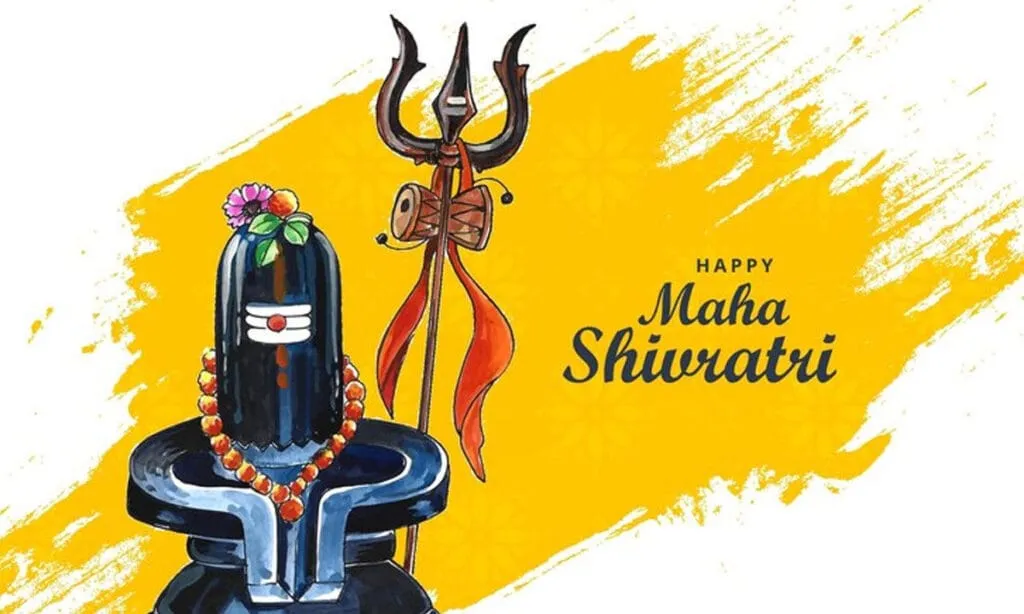
Mahashivratri festival venerates Lord Shiva. The fasting guidelines encompass Nirjala Vrat (abstaining from both food and water), Phalahara Vrat (consumption of teas, fruits, and dry fruits), and Samapta (Phalahara + 1 meal). Essential practices include a sacred bath, puja, mantra chanting, and adopting a sattvik lifestyle. Performing rituals like Jalabhishekam, reciting Shiv Chalisa, engaging in meditation, and offering bhog prasad hold significance. It’s crucial to note that observing the Nirjala Fast entails abstaining from both food and water during the fasting period.
Guidelines for Mahashivratri Fasting: As the Mahashivratri festival approaches, individuals are gearing up to celebrate one of the most auspicious Hindu festivals dedicated to worshiping Lord Shiva. Many are considering observing fasts, offering prayers to Lord Shiva, and seeking his blessings. The festival of Maha Shivratri is celebrated nationwide with immense grandeur and enthusiasm.
In this article, we will discuss the guidelines for fasting for those who intend to observe a fast on the day of Mahashivratri.
Mahashivratri Date and Time
Mahashivratri festival is going to be celebrated on Chaturdashi Tithi of Krishna Paksha in the month of Phalguna i.e., on March 8, 2024. Chaturdashi Tithi will start from March 8, 09:57 PM and it will end on March 9, 06:17 PM in the evening.
Mahashivratri 2024: How to observe fast
There are three types of fast and here we are going to tell you how you can observe fast and seek blessings of Lord Shiva :-
- Nirjala Vrat: If you plan to observe the Nirjala Fast, remember that no food or water is allowed during the fasting period. The fasting period commences from March 8 (12:00 AM) and concludes on March 9, 2024, at sunrise.
- Phalahara Vrat: In this type of fasting, devotees can consume tea, water, coffee, coconut water, Lassi, fruit juice, and non-salty dry fruits.
- Samapta: With this type of fast, one can consume everything mentioned in the Phalahara fast, along with one meal that may include sweets such as rice kheer, makhana kheer, jaggery kheer, soojhi halwa, or any other sweets.
Breaking the Mahashivratri Fast:
On March 9, 2024, after taking a holy bath, perform a puja by lighting a diya with desi ghee in front of Lord Shiva and Goddess Parvati. Offer homemade sweets like kheer, halwa, or other sweets, along with fruits and bhog prasad, which can include sabzi poori and raita. Initially, present it to the Lord and Goddess before partaking in the bhog prasad. It is important to refrain from consuming any non-vegetarian food on this day.
Fasting Rules on Mahashivratri
- Begin the day by waking up early and taking a holy bath before commencing any puja rituals.
- Ensure the cleanliness of the house, especially the puja room where Lord Shiva is placed.
- Refrain from consuming salt on Mahashivratri.
- Embrace a sattvik lifestyle, avoiding tamasik activities like eating meat, onions, garlic, engaging in gambling, fighting, or using abusive language.
- It is considered inauspicious to cut hair and nails on Mahashivratri.
- Dedicate time to meditation during the Mahashivratri festival.
- Mantra chanting is essential on this auspicious day to seek the blessings of Lord Shiva.
- Perform Jalabhishekam or Rudrabhishekam to appease the Lord.
- Reading holy books such as Shiv Chalisa is rewarding for those observing the fast.
- Pregnant women, older individuals, or those who are unwell and unable to fast are advised to consume only vegetarian food prepared with sendha namak or rock salt. After sunset on the Mahashivratri festival, phalahara can be consumed.
Mahashivratri 2024: Frequently Asked Questions
When is Mahashivratri in 2024?
Mahashivratri will be celebrated on the Chaturdashi Tithi of Krishna Paksha in the month of Falguna, specifically on March 8, 2024.
How to observe Mahashivratri fast?
Three types of fasting have been outlined in the article, and devotees can choose according to their convenience to observe the Mahashivratri fast. Lord Shiva, known for his compassion, values good intentions and purity, so individuals are advised to fast in accordance with their physical health.
